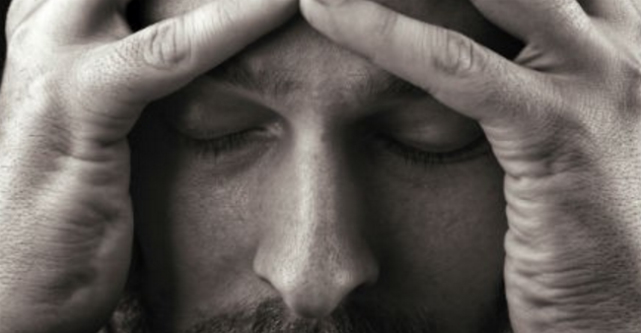
Rest is vital when it comes to ensuring that you are on top of your game, but what you consider restful activity may in fact be far from it.
For this reason, it could be worth focusing on how you spend your spare time, and considering what sort of an impact it has on you, to work out whether you’re getting the rest you require.
Writing for The Cut last week, health and human performance coach and writer Brad Stulberg explains that rest is so important “we’d be wise to think of it not as something separate from doing good work, but rather, as an integral part of doing good work”.
“But there is a science – and art – to resting well, and not all forms of kicking back are created equal,” Stulberg writes.
“It turns out that lots of the activities we think are restful may actually leave us feeling more tired and stressed.”
Time to disengage
While you may be disengaged from work, it is important to choose the right activities that will promote proper rest.
Stulberg stresses the benefits of finding an activity that can help you disengage, however notes that forcing yourself to rest will ultimately defeat the purpose.
“At first, it might take some willpower to resist worrying about work or other seemingly pressing issues, but once you’re in the midst of a nice bout of rest, it should feel pretty easy,” he writes.
Walking, hiking and hanging out with friends
Stulberg points to the potential benefits of walking in promoting creativity and insight, and notes that hiking can help decrease stress.
Of course, there is also the potential to experience the great outdoors and hang out with friends while engaging in these activities, both of which can assist relaxation.
“Trade in couch time and screens for walking, nature, mind-wandering and hanging out with friends,” Stulberg writes. “Doing so may seem hard at first, but once you get going, you’ll feel a lot better.”
Proper sleep is the key
It may be that the activities you’re engaging in prior to sleeping are preventing you from getting a proper night’s sleep.
Stulberg notes that studies show that television and alcohol can interfere with sleep.
“If you are struggling to fall or stay asleep, it’s probably best to eliminate late-night TV and your nightcap,” he writes.
While short naps can provide a pick-me-up, Stulberg notes that “nothing can replace the massive importance of sleeping seven-to-nine hours every night”.
“Put simply: sleep is one of the most productive things you can do,” he writes.
Never miss a story: sign up to SmartCompany’s free daily newsletter and find our best stories on Twitter, Facebook, LinkedIn and Instagram.


COMMENTS
SmartCompany is committed to hosting lively discussions. Help us keep the conversation useful, interesting and welcoming. We aim to publish comments quickly in the interest of promoting robust conversation, but we’re a small team and we deploy filters to protect against legal risk. Occasionally your comment may be held up while it is being reviewed, but we’re working as fast as we can to keep the conversation rolling.
The SmartCompany comment section is members-only content. Please subscribe to leave a comment.
The SmartCompany comment section is members-only content. Please login to leave a comment.